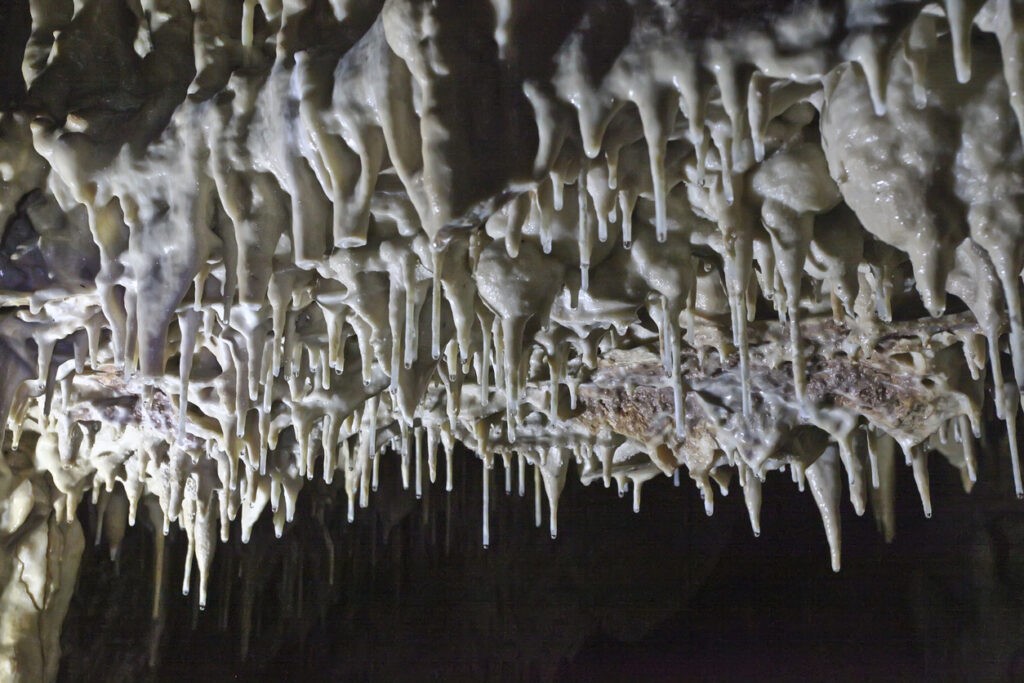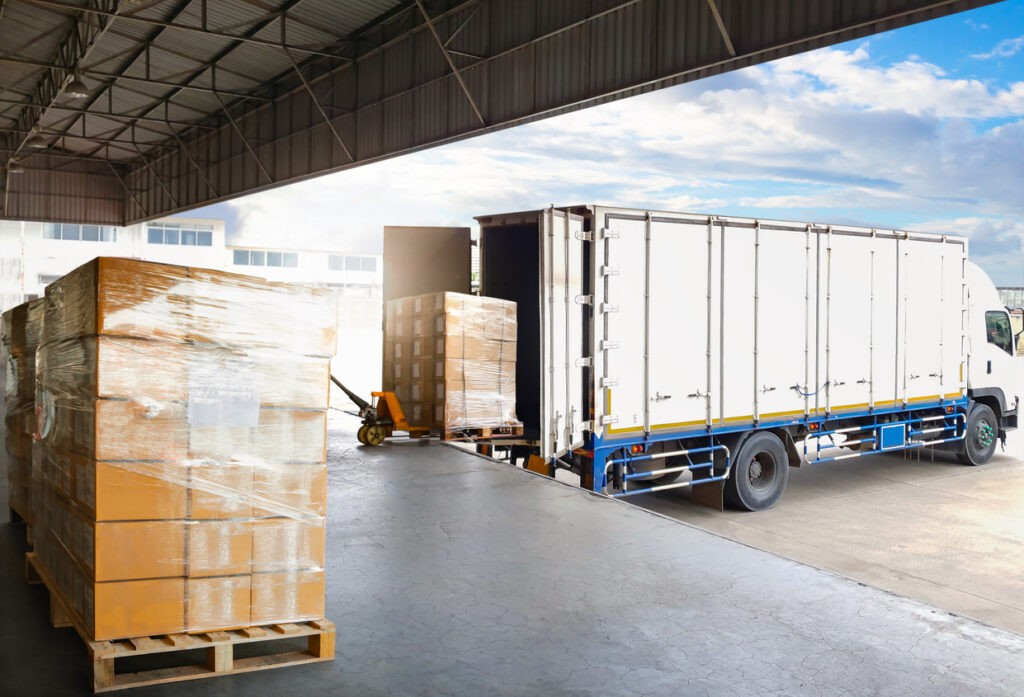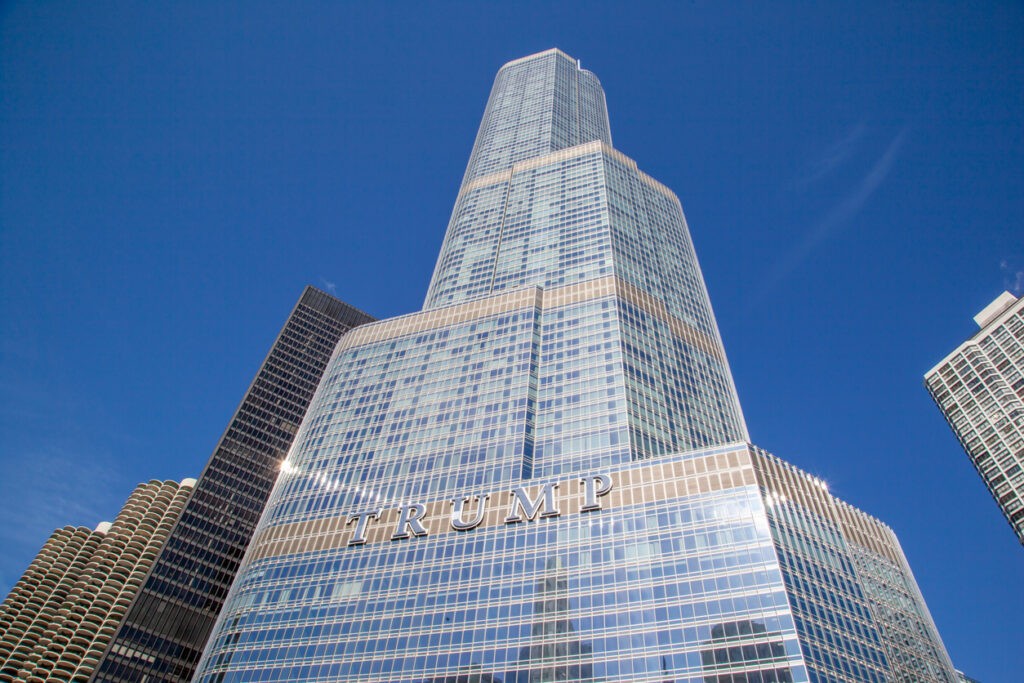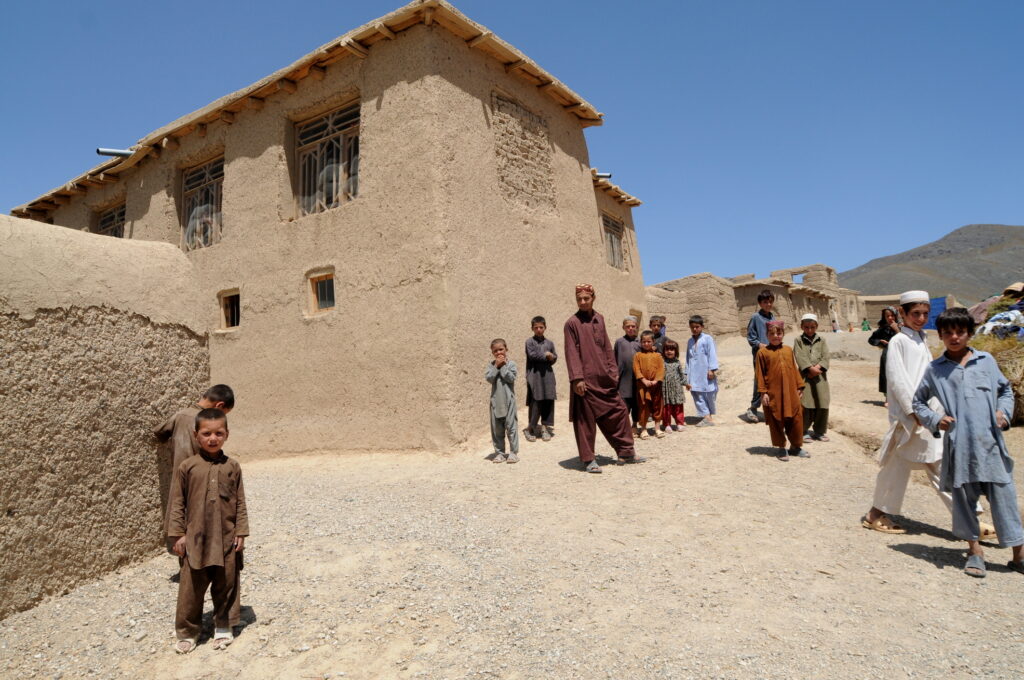BISHKEK (TCA) — The Publisher’s note: Throughout the 19th and 20th centuries, Central Asia was the scene of intense geopolitical struggle and the Great Game between the British and Russian Empires, and later between the Soviet Union and the West, over Afghanistan and neighboring territories. Into the 21st century, Central Asia has become the area of a renewed geopolitical interest, dubbed the New Great Game, largely based on the region’s hydrocarbon and mineral wealth. On top of that, the region now is perhaps the most important node in the implementation of China’s One Belt, One Road initiative through which Beijing aims to get direct access to Western markets. Every week thousands of news appears in the world’s printed and online media and many of them may escape the attention of busy readers. At The Times of Central Asia, we strongly believe that more information can better contribute to peaceful development and better knowledge of this unique region. So we are presenting this Weekly Digest which compiles what other media have reported on Central Asia over the past week.
KAZAKHSTAN
Why Does Russian Disinformation Not Target Kazakhstan?
The strong bilateral ties between Russia and Kazakhstan are one way to explain the absence of negative disinformation in Russia directed at Kazakhstan’s government or related to Nazarbayev personally
Apr 6 — “Kazakhstan’s long-time President Nursultan Nazarbayev relinquished power and stepped down on March 19, prompting speculation about this Central Asian country’s political future. But one question rarely asked is why Kazakhstan has not been the target of Russian disinformation campaigns. Since the absence of news is also news, we looked into this question to try and understand what motivates Moscow to launch disinformation against some countries and not others, particularly this one.” READ MORE: https://www.polygraph.info/a/disinfo-analysis-russia-kazakhstan-disinformation/29859460.html
Political Profile: The Rise of Dariga Nazarbayeva in Kazakhstan
George Voloshin, head of the French branch at Aperio, corporate risk intelligence consultancy in Paris, discusses the role of Dariga Nazarbayeva, daughter of long-time Kazakh President Nursultan Nazarbayev, now that her father has resigned
Apr 9 — “Diplomat author Mercy Kuo regularly engages subject-matter experts, policy practitioners, and strategic thinkers across the globe for their diverse insights into U.S. Asia policy.” READ MORE: https://thediplomat.com/2019/04/political-profile-the-rise-of-dariga-nazarbayeva-in-kazakhstan/
Nazarbayev’s long rule leaves toxic legacy for Kazakhstan’s media
Under Nazarbayev, the state acquired an armory of legal weapons, from punitive defamation laws and the criminalization of “false information” to stringent controls over media operations and powers to block online communications
Apr 9 — “In 2011, I observed an astonishing spectacle in the Respublikanewspaper offices in Almaty, Kazakhstan’s financial capital. Journalists were putting a modern-day twist on samizdat, a practice in the Soviet Union whereby dissidents laboriously copied illicit material to circumvent censorship. This was both a throwback to a totalitarian past and a premonition of the future for the press under Nursultan Nazarbayev who, until his resignation last month, had ruled for three decades.” READ MORE: https://cpj.org/blog/2019/04/nazarbayev-kazakhstan-legacy-press-freedom-censored.php
Kazakhstan: Tokayev primed as shoo-in for snap presidential election
With the announcement of a snap presidential election in Kazakhstan, the power transition game has drawn closer to its culmination
Apr 10 — “While announcing Kazakhstan’s snap presidential election on April 9, President Kassym-Jomart Tokayev omitted to say whether he would run. But in just three weeks in charge, he has already begun to look like the leader-in-waiting. Tokayev, 65, has toured the provinces to glad-hand people, popped over to Russia to meet with Russian President Vladimir Putin and announced populist decisions. Billboards with his image have already begun appearing.” READ MORE: https://www.timesca2stg.wpenginepowered.com/index.php/news/21042-kazakhstan-tokayev-primed-as-shoo-in-for-snap-presidential-election
KYRGYZSTAN
How wild landscapes of Kyrgyzstan seduced photographer Albert Dros
Kyrgyzstan is home to a staggering diversity of landscapes
Apr 9 — “It’s darker than dark. A solid beam of torchlight punches through the blackness ahead where giant, unseen towers of rock point up to a night sky crazed with billions of stars. It’s cold, too. Two o’clock in the morning, late winter cold. Breaths of mountain air rasp in and out of lungs as the small group hauls gear higher up the side of the invisible canyon. Lights are positioned. Tripods and cameras assembled.” READ MORE: https://edition.cnn.com/travel/article/kyrgyzstan-albert-dros-photographer/index.html
Kyrgyzstan: Businessman’s return presages a possibly hot season of politics
Omurbek Babanov faces possibly two outstanding criminal charges — one for allegedly inciting ethnic tensions during his election campaign, the other is related to an alleged plot to seize power by fomenting unrest after failing to win the presidential contest
Apr 11 — “An opposition heavyweight in Kyrgyzstan is set to return home after an 18-month stretch of self-imposed exile, setting the stage for a nerve-jangling season of politics. Omurbek Babanov, a wealthy businessman who has been based in Russia since losing the October 2017 election to incumbent President Sooronbai Jeenbekov, is expected to fly in to Bishkek early in the afternoon on April 13. What will happen when he arrives is a conundrum.” READ MORE: https://eurasianet.org/kyrgyzstan-businessmans-return-presages-a-possibly-hot-season-of-politics
In ‘Great Game Lite,’ Russia and China compete for influence in Kyrgyzstan
Geopolitically, Kyrgyzstan is in between Russia and China, and the Central Asian nation has been maneuvering to take a maximum advantage of its two great neighbors’ interest in this small but strategically located country
Apr 12 — “The political vacuum that emerged across Eurasia after the collapse of the Soviet Union in 1991 saw Russia’s former suzerainty over the former Soviet space contested by both the United States and China in a new and modified version of the “Great Game.” But today, with US influence diminishing due to the drawdown of operations by the North Atlantic Treaty Organization (NATO) in Afghanistan, the Eurasian region is increasingly coming under contention between China and a resurgent Russia: the former offering prosperity via its “One Belt, One Road” infrastructure projects, and the latter relying on longstanding political ties and security concerns.” READ MORE: https://www.timesca2stg.wpenginepowered.com/index.php/news/26-opinion-head/21050-in-great-game-lite-russia-and-china-compete-for-influence-in-kyrgyzstan
TAJIKISTAN
Tourism Development Agency makes tourist maps for cities and districts of Tajikistan
Tajikistan declared 2019-2021 the Years of Development of Rural Areas, Tourism and Folk Crafts in the country
Apr 6 — “The Tourism Development Agency under the Government of Tajikistan is making tourist maps for cities and districts of the country. These maps are expected to be distributed in airports, railway stations and border crossing points (BCPs), reports Trend with reference to asiaplus.tj” READ MORE: https://www.azernews.az/region/148479.html
Tajikistan: Plight of fake government critic highlights dangers of credulity
A Facebook user going by the name Alisher Alikhonov claimed he was under police investigation in Tajikistan — but he doesn’t exist
Apr 8 — “A new name has been added to the list of exiled victims of political repression in Tajikistan: Alisher Alikhonov. There is just one problem. Alikhonov does not appear to exist. It is not known if Alikhonov was the brainchild of a prankster with too much time on their hands, a media critic trying to show up the gullibility of the region’s press or a mischievous government-affiliated troll.” READ MORE: https://eurasianet.org/tajikistan-plight-of-fake-government-critic-highlights-dangers-of-credulity
Tajik ISIS Member: Many Foreign Militants Jailed or Killed
Tajikistan has offered amnesty to those who quit ISIS and return home, provided they’ve committed no other crimes
Apr 12 — “A Tajik man who joined ISIS said many foreigners who enlisted with the group in Iraq and Syria were jailed or killed for trying to leave. The 28-year-old, who once drove a taxi in Moscow, said he handed himself over to the Syrian Democratic Forces (SDF), a US-backed group, from ISIS’ last holdout of Baghouz in eastern Syria last month after years of trying to escape.” READ MORE: https://aawsat.com/english/home/article/1675706/tajik-isis-member-many-foreign-militants-jailed-or-killed
TURKMENISTAN
How cotton picked with forced labor in Turkmenistan finds its way to the high street
While the United States recently banned imports of cotton or cotton products produced in Turkmenistan, Turkmen cotton is still present in the clothes sold by international fashion brands all over the world
Apr 8 — “A new report by Anti-Slavery International reveals how cotton picked with forced labor in Turkmenistan makes its way to high street shops across the world. Every year, tens of thousands of public sector workers, including teachers and doctors, are forced by the government to pick cotton at the harvest, under threat of punishment, according to the International Labor Organization and the United Nations Human Rights Committee. The only way of getting out of the duty is by paying a bribe or hiring someone else to work on your behalf.” READ MORE: https://fashionunited.uk/news/fashion/how-cotton-picked-with-forced-labor-in-turkmenistan-finds-its-way-to-the-high-street/2019040842594
Turkmenistan: Rebuilding bridges
In its ‘Akhal-Teke: A Turkmenistan Bulletin’, Eurasianet reviews the main news and events in the Central Asian country for the previous week
Apr 9 — “The myth of Turkmenistan’s economic buoyancy has been readily abetted over the years by international financial institutions. Even they are starting to revise their story, albeit slightly. The World Bank has lowered its forecast for economic growth to 5.6 percent this year and 5.1 percent in 2020. It was 6.2 percent in 2018. The Asian Development Bank forecast a slightly higher 6 and 5.8 percent for 2019 and 2020, respectively, but cautioned that inflation will outstrip growth.” READ MORE: https://eurasianet.org/turkmenistan-rebuilding-bridges
MTS doubles the amount of financial claim against Turkmenistan
The Russian cellular operator says Turkmenistan had violated its rights as a foreign investor stipulated in the Turkmenistan-Russia agreement signed in 2009 and expropriated the investments
Apr 10 — “The Russian mobile communications provider MTS has filed an extended lawsuit against Turkmenistan to the International Centre for Settlement of Investment Disputes (ICSID) and demanded that Turkmenistan repay $1,5 billion despite the fact that the previous amount of the claim amounted to $750 million.” READ MORE: https://en.hronikatm.com/2019/04/mts-doubles-the-amount-of-financial-claim-against-turkmenistan/
UZBEKISTAN
Uzbekistan starts site selection process for first reactors
Uzbekistan’s planned nuclear power plant is expected to generate about 15% of Uzbekistan’s power needs by 2030
Apr 9 — “Uzbekistan has initiated the process to choose a site for its first nuclear power plant and aims to grant a site licence in September 2020, local officials have confirmed to the International Atomic Energy Agency (IAEA). Uzbekistan is among about 30 countries that are considering, planning or actively working to include nuclear power into their energy mix.” READ MORE: http://www.world-nuclear-news.org/Articles/Uzbekistan-starts-site-selection-process-for-first?feed=feed
How Uzbekistan plans to take on the world’s oil majors
The new chairman of Uzbekistan’s state oil and gas company hopes a credit rating for the company will be a first step towards challenging the world’s energy majors
Apr 11 — “Uzbekistan’s state oil and gas company has a bold aim — to become the next Royal Dutch Shell or BP and join the ranks of the world’s energy majors. It is early days but Uzbekneftegaz, which contributes 15 per cent of the country’s gross domestic product, has taken the first steps towards its ambitious goal by gaining the freedom from the government to act as an independent corporate entity.” READ MORE: https://www.ft.com/content/8f72ea08-401c-11e9-b896-fe36ec32aece
Former Uzbekistan’s Minister of Interior on Andijan events
In an interview, Zokirjon Almatov described the 2005 Andijan events as the most painful in his professional life
Apr 12 — “In March, Zokirjon Almatov, Uzbekistan’s first minister of interior from 1991-2005, gave his first interview to an independent Uzbek independent, Qalampir. The Diplomat reports in its article The Re-emergence of Uzbekistan’s First Minister of Interior that since Almatov’s return to government, at the beckoning of President Shavkat Mirziyoyev in 2016, his public appearances have been frequent, but this interview is important for two reasons.” READ MORE: http://vestnikkavkaza.net/analysis/Former-Uzbekistan’s-Minister-of-Interior-on-Andijan-events.html
Number of enterprises with foreign capital in Uzbekistan almost doubles
Most enterprises with foreign capital in Uzbekistan are from Russia and China
Apr 12 — “As of April 1, 2019, about a third of the operating enterprises with foreign capital in Uzbekistan falls on Russia and China, Trend reports with reference to the State Statistics Committee of Uzbekistan.” READ MORE: https://en.trend.az/business/economy/3045328.html
AFGHANISTAN
Afghanistan Is Paying a Steep Price for its National Security Advisor’s Behavior
An Afghan government official’s public outbursts have cost him his political clout in the United States
Apr 7 — “During a visit last month to Washington, the Afghan government’s national security advisor, and former ambassador to the United States, threw a fit. During an official appearance at the U.S. Institute of Peace, and in private conversations during the same week, the thirty-six-year-old Hamdullah Mohib repeatedly excoriated the United States—and in particular, its special envoy for Afghanistan peace talks, Ambassador Zalmay Khalilzad. His core charge was that Washington was going over the head of the Afghan government, led by President Ashraf Ghani, to negotiate a peace deal directly with the Taliban.” READ MORE: https://nationalinterest.org/feature/afghanistan-paying-steep-price-its-national-security-advisors-behavior-50807
A VETERAN’S WAR MOVIE SHEDS DAMNING LIGHT ON HOW THE MARINES FIGHT IN AFGHANISTAN
In “Combat Obscura,” a new documentary set in Afghanistan, Marines also insult women, shake their weapons at children, die needlessly and with little dignity, murder innocent people and cover it up
Apr 7 — ““COMBAT OBSCURA” BEGINS with explosions. Half a second later, a great column of smoke materializes in the distance, quickly doubling and then tripling in size. But most frightening of all is what’s happening behind the camera. A man yells, in English, as the cloud grows past the top of the frame. “Holy shit,” he says. “That’s the wrong building!” Another explosion sounds, and a fireball billows. “Holy shit!” he yells again; he is gleeful, fascinated now. “Yeah, boy!” he shouts.” READ MORE: https://theintercept.com/2019/04/07/combat-obscura-afghanistan-war-documentary/
Afghanistan’s Media Self-Censors to Survive
Press freedom is at risk in Afghanistan, the deadliest country for journalists
Apr 10 — “The role Afghanistan’s vibrant media plays in public life represents one of the most significant changes that have taken place in the country since 2001. But that achievement is under threat, as journalists face growing intimidation and violence from both state and non-state actors.” READ MORE: https://www.hrw.org/news/2019/04/11/afghanistans-media-self-censors-survive
Angelina Jolie: Why Women Are the Key to Lasting Peace in Afghanistan
Afghan women, who have the most to lose if the Taliban returns to power, currently have the least say in the process by which it may do so
Apr 10 — “When the Taliban seized power in 1996, it waged a war against Afghan women. Girls’ education was banned. Women were confined to the home and denied the right to work. They were flogged, beaten, mutilated and stoned to death for supposed immorality. This is not ancient history. These are living memories for millions of Afghans. And they have become present concerns, as U.S. government representatives negotiate with the Taliban about a settlement that could see it return to a position of power and influence in Afghanistan.” READ MORE: http://time.com/5566824/angelina-jolie-afghanistan-taliban-peace-negotiations-womens-rights/
WORLD
Central Asia has potential to attract $170 billion in FDI in 10 years
The Central Asia region holds two trump cards – an abundance of natural resources and young, growing and well-educated population
Apr 8 — “Although the Central Asian states still rely on extractive industries in attracting their biggest bulk of investment, the new reforms directed to diversify the economy have improved the business environment. In the next 10 years, the region has the potential to attract $170 billion in foreign direct investment (FDI), including $40-70 billion in non-extractive industries, according to the Boston Consulting Group’s (BCG’s) “Investing in Central Asia: One Region, Many Opportunities” report published Dec. 23.” READ MORE: https://astanatimes.com/2019/04/central-asia-has-potential-to-attract-170-billion-in-fdi-in-10-years/
The Mysterious Case of the Disappearing China Sanctions
The U.S. failure to impose sanctions over China’s actions in Xinjiang—where it has forced up to a million Uighurs into internment camps—has been a big disappointment for the human rights community
Apr 11 — “Two human rights advocates who focus on China issues say they were told by U.S. officials last year that the Trump administration was preparing to impose sanctions on Beijing in December over its treatment of Uighur Muslims in the country’s western region of Xinjiang. The advocates were given to understand that the sanctions would fall under the Global Magnitsky Act, which enables the U.S. government to place travel bans and asset freezes on human rights abusers.” READ MORE: https://foreignpolicy.com/2019/04/11/the-mysterious-case-of-the-disappearing-china-sanctions/








